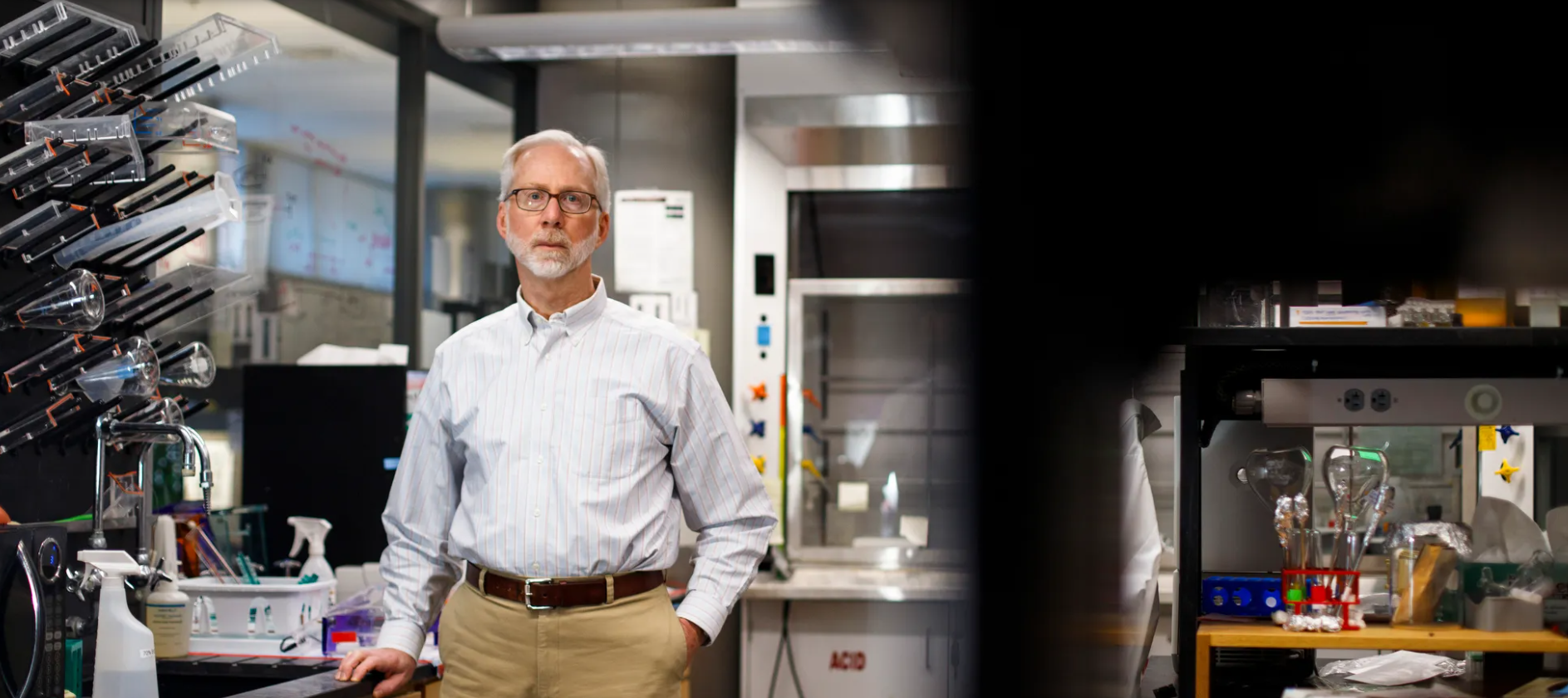Loneliness and Social Isolation May Increase Death Risk Among Cancer Patients: Study

New Delhi– Loneliness and social isolation may significantly raise the risk of death among people with cancer, both from the disease itself and from all causes, according to a new study by Canadian researchers.
The large-scale analysis, published in BMJ Oncology, pooled data from 13 studies involving more than 1.5 million cancer patients. Researchers from the University of Toronto and collaborating institutions found that loneliness is relatively common among individuals diagnosed with cancer and is linked to poorer survival outcomes.
Data from over 2.1 million participants across nine studies revealed that loneliness was associated with an 11 percent higher risk of death from cancer, even after adjusting for study size and other confounding factors.
“These findings collectively suggest that loneliness and social isolation may influence cancer outcomes beyond traditional biological and treatment-related factors,” the researchers wrote.
The study identified several pathways through which loneliness may affect survival. Biologically, chronic loneliness can activate stress responses that cause immune system dysregulation and increase inflammation, which can accelerate cancer progression.
Psychologically and socially, the experience of cancer itself often leads to isolation — as patients grapple with fears, stigma, and treatment-related side effects that may distance them from family and friends. “The unique burden of cancer survivorship includes forms of isolation stemming from the inability of loved ones to fully understand cancer-associated fears and stigma related to visible treatment effects,” the authors noted.
Physical symptoms such as fatigue and cognitive impairment, as well as the long-term medicalization of life after diagnosis, can further reduce social engagement and erode a patient’s pre-illness identity and community ties.
If confirmed by future studies, the findings highlight the importance of integrating psychosocial assessments and interventions into routine cancer care. “Addressing loneliness should be viewed as a key component of improving quality of life and survival outcomes in oncology,” the researchers said. (Source: IANS)





